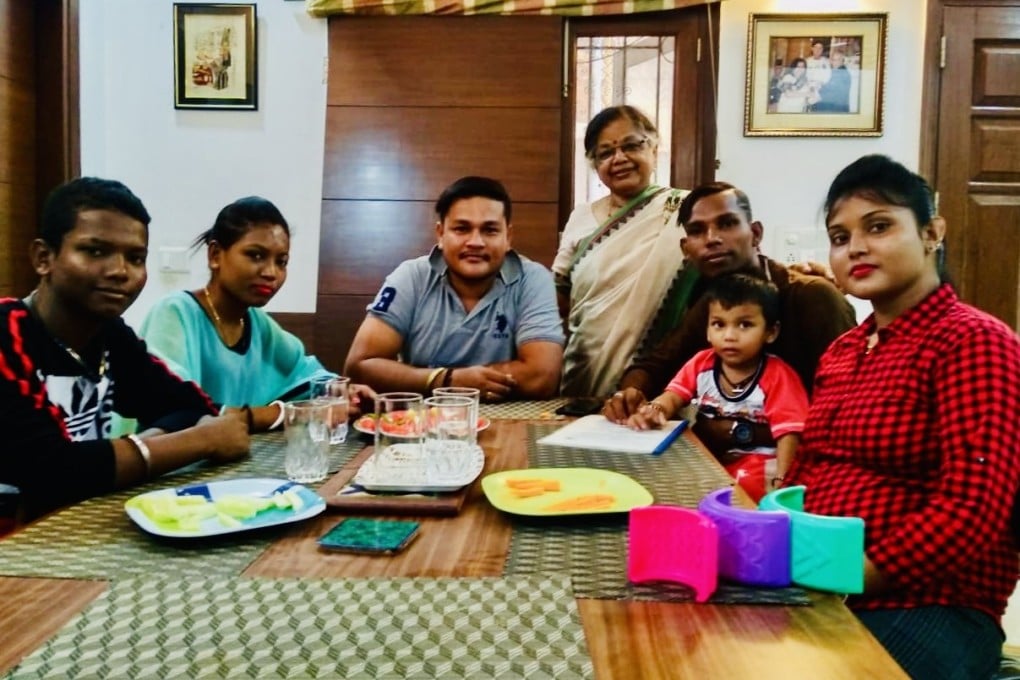Dying voices: India’s remote Great Andamanese tribe risks losing its identity, language and traditions
- Only three people speak Jero, one of the tribe’s remaining indigenous languages, as many now struggle to hold on to traditions and customs
- Years of interaction with the Indian mainlanders have also exposed the tribe to diseases, one expert says

Techa is studying to become a doctor, with hopes of serving her aboriginal community in the Andaman Islands. But the 19-year-old has one regret – she never learned to speak her own indigenous language.
Techa is from the Great Andamanese tribe, an indigenous community living in the Andaman and Nicobar Islands – a union territory of India at the junction of the Bay of Bengal and the Andaman Sea. While she studied Hindi and English in school for years, she cannot speak Jero, one of her tribe’s 10 indigenous languages.
“I feel a bit ashamed that I never learned my native language,” Techa told This Week In Asia. “While integrating in the mainland, I have lost my tradition, culture and language.”

The Great Andamanese are one of the six aboriginal tribes who live in the Andaman and Nicobar archipelago. All are traditionally nomadic hunter-gatherers.
Only three people in Techa’s tribe currently speak Jero.
Of the six tribes, the Great Andamanese have had the closest interactions with Indian mainlanders, which has adversely affected their grasp on their own language, traditional lifestyle and culture over the decades. The tribe now has only 57 registered members.
In 2001, when New Delhi-based linguist Anvita Abbi first arrived at the archipelago, she found the Great Andamanese community was speaking Hindi.
Abbi, who has worked on around 100 Indian languages, said the obscurity of the Great Andamanese language, inaccessibility of the islands and their peoples posed a challenge that drew her towards one of the oldest living civilisations of the world.